Zardari rejects Bombay "claims"
Pakistani President Asif Ali Zardari has said there is still no firm proof that gunmen who attacked the Indian city of Bombay came from Pakistan.
Wednesday, 17.12.2008.
16:40

Pakistani President Asif Ali Zardari has said there is still no firm proof that gunmen who attacked the Indian city of Bombay came from Pakistan. U.S., Indian and British officials all say there is clear evidence suggesting the attacks originated in terrorist training camps inside Pakistan. Zardari rejects Bombay "claims" But speaking to the BBC, Zardari said there was still no conclusive evidence to substantiate the claim. However he promised Pakistan would take action if a link was proved. More than 170 people died in last month's attacks in Bombay, which India blamed on the Lashka-e-Taiba militant group. Zardari told the BBC in Islamabad that Pakistan was prepared to act if adequate evidence of any Pakistani complicity in the attacks emerged. "If that stage comes, and when it comes, I assure you that our parliament, our democracy, shall take the action properly deemed in our constitution and in our law," he said. He said that Western intelligence agencies had not offered firm evidence to justify claims that the attacks were orchestrated from Pakistani soil and that he would not jump to conclusions until a full investigation had been conducted. Zardari said claims that the sole surviving attacker had been identified by his own father as coming from Pakistan had not been proven. The man has been named as Mohammed Ajmal Amir Qasab and is in Indian police custody. The Pakistani president also said Hafiz Saeed, the leader of the Jamaat-ud-Dawa charity, would remain under house arrest. "Let me assure you that if there is any investigation to be found pointing towards his involvement in any form of terrorism, he shall be tried for that reason," the president said. Jamaat-ud-Dawa is accused of being a front for Lashkar-e-Taiba, a charge it denies. Zardari said that he had asked India to co-operate in an investigation and he would not leap to judgment while that investigation was continuing. He said that while he was not in denial about Lashkar-e-Taiba's continued activities, ''when you ban an organisation they emerge in some other form''. Hiccup Meanwhile, Pakistani Foreign Minister Shah Mehmood Qureshi has expressed regret after his Indian counterpart said peace moves between the countries were on hold because of the Bombay attacks. But Qureshi said relations between the two countries - which both have nuclear arms - would recover. "This unfortunate incident has been a setback... to the extent that our composite dialogue is at a pause at the moment," Qureshi said. "But I am confident that we will overcome this hiccup... the future of Pakistan demands good neighborly relations with India, so it's my responsibility to develop good bilateral relations." Qureshi said that the two countries had a "common objective, a common challenge and a common enemy" in relation to "terrorism".
Zardari rejects Bombay "claims"
But speaking to the BBC, Zardari said there was still no conclusive evidence to substantiate the claim.However he promised Pakistan would take action if a link was proved.
More than 170 people died in last month's attacks in Bombay, which India blamed on the Lashka-e-Taiba militant group.
Zardari told the BBC in Islamabad that Pakistan was prepared to act if adequate evidence of any Pakistani complicity in the attacks emerged.
"If that stage comes, and when it comes, I assure you that our parliament, our democracy, shall take the action properly deemed in our constitution and in our law," he said.
He said that Western intelligence agencies had not offered firm evidence to justify claims that the attacks were orchestrated from Pakistani soil and that he would not jump to conclusions until a full investigation had been conducted.
Zardari said claims that the sole surviving attacker had been identified by his own father as coming from Pakistan had not been proven. The man has been named as Mohammed Ajmal Amir Qasab and is in Indian police custody.
The Pakistani president also said Hafiz Saeed, the leader of the Jamaat-ud-Dawa charity, would remain under house arrest.
"Let me assure you that if there is any investigation to be found pointing towards his involvement in any form of terrorism, he shall be tried for that reason," the president said.
Jamaat-ud-Dawa is accused of being a front for Lashkar-e-Taiba, a charge it denies.
Zardari said that he had asked India to co-operate in an investigation and he would not leap to judgment while that investigation was continuing.
He said that while he was not in denial about Lashkar-e-Taiba's continued activities, ''when you ban an organisation they emerge in some other form''.
Hiccup
Meanwhile, Pakistani Foreign Minister Shah Mehmood Qureshi has expressed regret after his Indian counterpart said peace moves between the countries were on hold because of the Bombay attacks.But Qureshi said relations between the two countries - which both have nuclear arms - would recover.
"This unfortunate incident has been a setback... to the extent that our composite dialogue is at a pause at the moment," Qureshi said.
"But I am confident that we will overcome this hiccup... the future of Pakistan demands good neighborly relations with India, so it's my responsibility to develop good bilateral relations."
Qureshi said that the two countries had a "common objective, a common challenge and a common enemy" in relation to "terrorism".










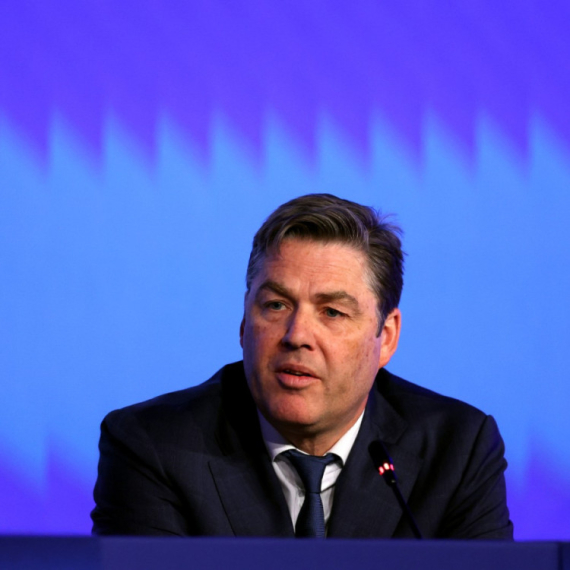

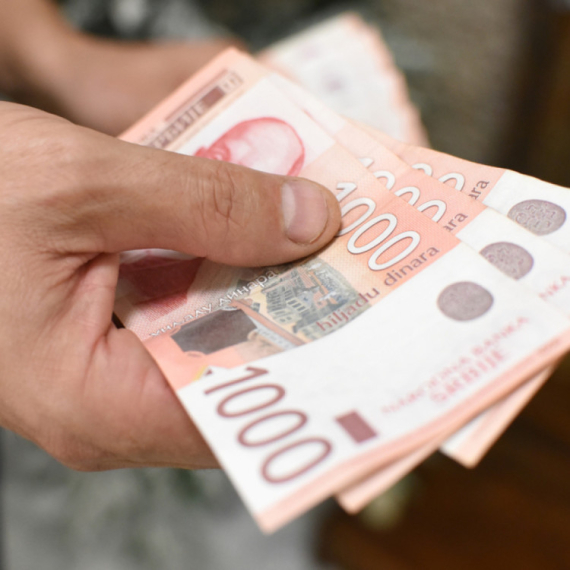

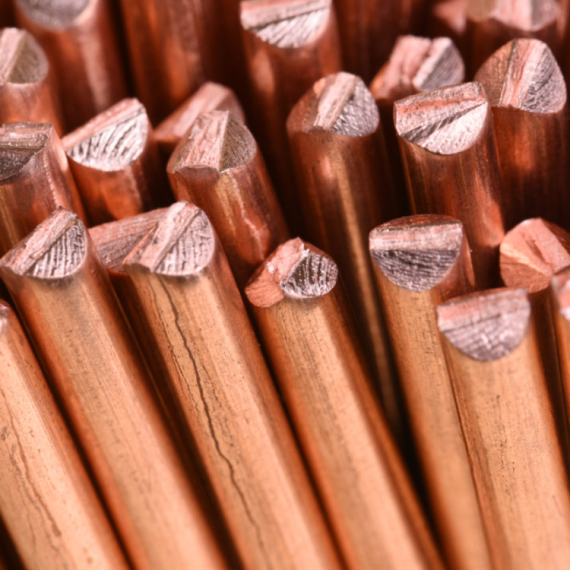
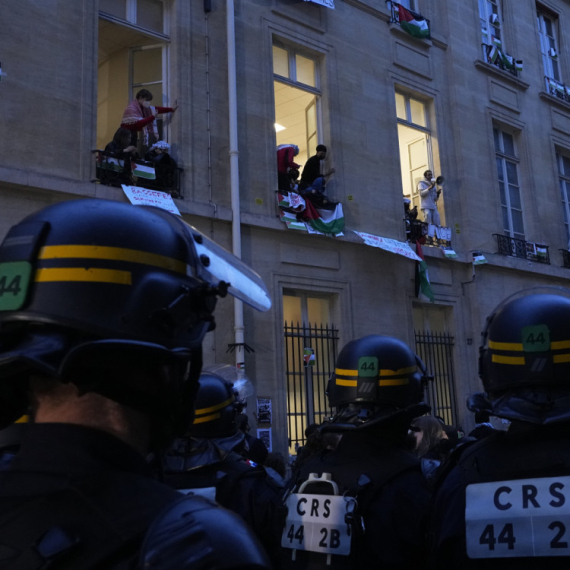
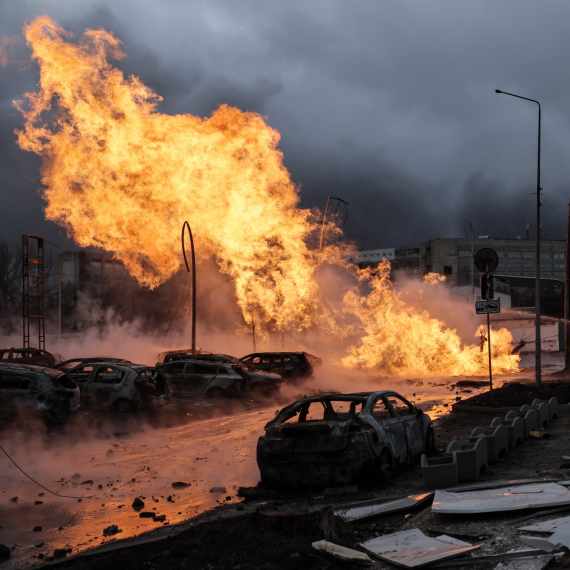

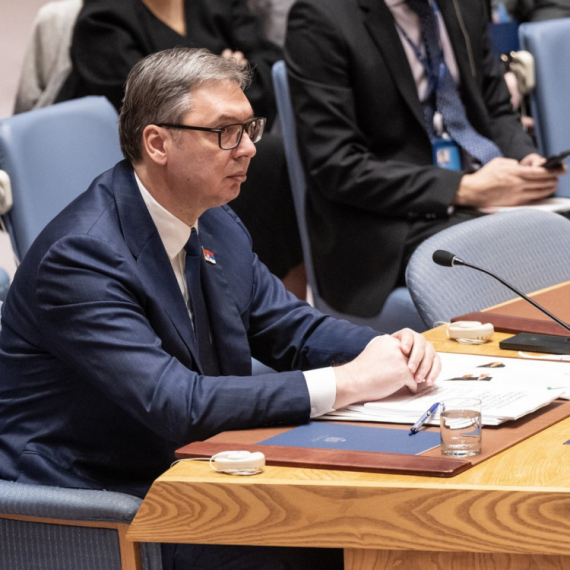

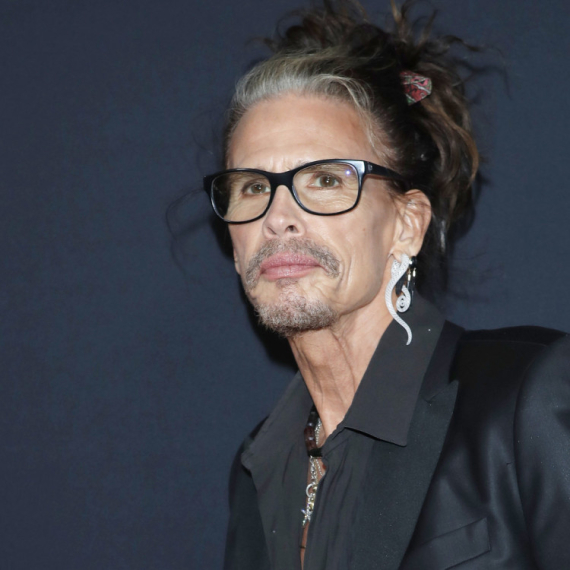
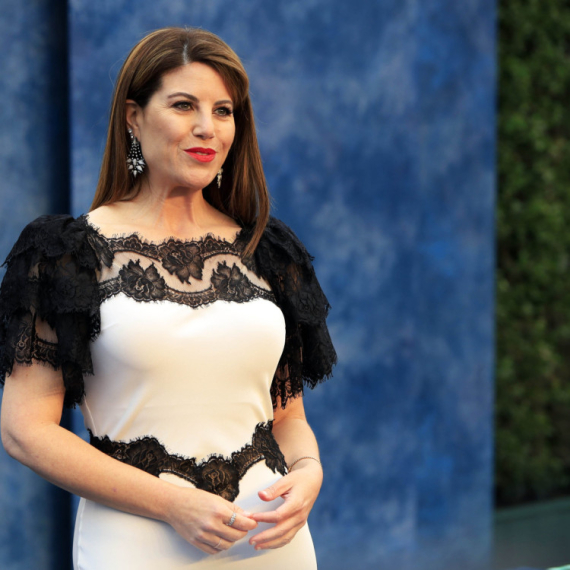
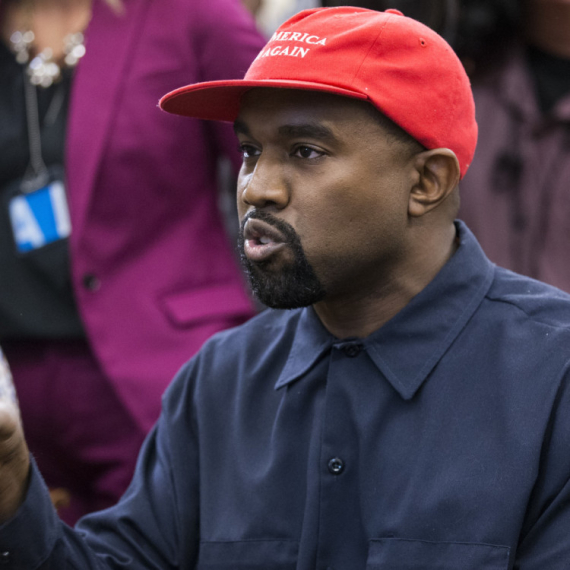




















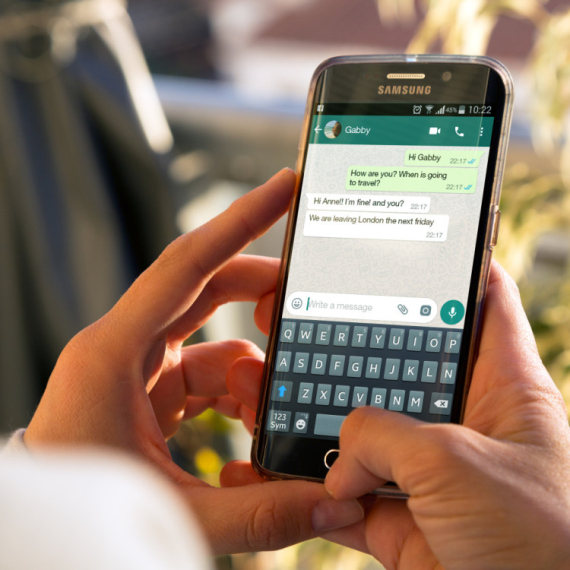










Komentari 0